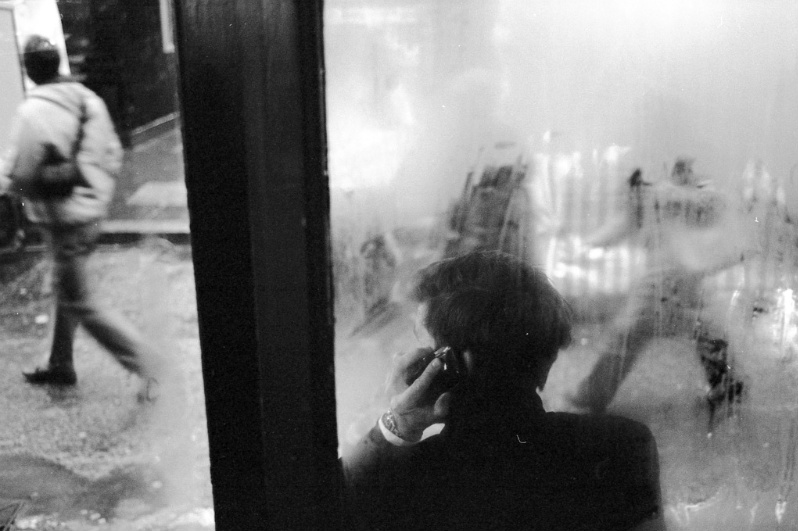
Emmy The Great’s Virtue is an elegant record, touching upon the themes of religion, immigration, feminism, place, morality, and even climate change (in the most unique and approachable fashion). It’s astoundingly engaging and is – I say with readied gag reflex – a much more mature offering than 2009’s First Love. Emmy The Great’s Virtue is the best album I’ve heard this here year.
“Crane’s are lifting cargo to the sea …” “Dinosaur Sex”, an opener of engaging title, offers a theatrical edge, with the entrance of Middle Eastern horns and jungle birds broken only by reaching guitar. The juggling of power station imagery and Earth’s end etches a funereal march for humanity upon the song, like scars upon its pretty face, “Skin is peeling off of us in sheets”. It’s the end of the world. It’s the end of the world and she knows it. Or at least she dreams it. “Dinosaur sex led to nothing.” And might we? Emma-Lee Moss dreams so, and such despair bleeds through to “A Woman, A Woman, A Century Of Sleep”, as women lock-in their subservient roles, straighten their broken backs over boiling pots, morphing to objects for positioning and pleasure. Here there are great moments of depth to her voice, as well as a cinematic layering of messy backing vocals.
There’s intimate and telling disconnect on “Paper Forest (In The Afterglow Of Rapture)” as Moss elongates “I’m blessed” as if to force conviction. And the spiritual or religious attachments fail to be shunned following a first utterance, as “Creation” reads like a spoken instruction manual to the Genesis formula. There’s a perpetual line of creators within creators, and, whether intended or not, the song’s structure allows for Moss’ storytelling and her band’s instrumentation to feature in tandem. It’s a neat trick and breathes real strength into the core of the record.
“Exit Night / Julia’s Theme” brims over with the sort of painful and definite cycle of generations ending that the English grasp so well, capturing the death of a country and its people; death of an age, as certain as sunrise, and characters caught in-between, heads over shoulders with nostalgia and forward with fear. “An exit night is coming through – an exit night is coming for you.”
Such longing is cause for a stupendous interlude to the record’s penultimate track, “North”, a song whose narrator is in search for a sense of place and inclusion, speaking of land and borders and the uncelebrated arrival of the world’s immigrants: “I can’t help where I was born … if I take what I have to the North, is there room on your piece of heaven or would you turn me away again?” For the time we’re in, it’s a necessary and demanding commentary. It’s beyond the self, providing a clear gap between Emma and her peers. (Note the Dylan-styled delivery on “heaven”.)
Emmy The Great – Trellick Tower
Virtue’s closer, “Trellick Tower”, sets Moss on a course most personal and startlingly true: disclosing a lost fiancé and the vanquishing of their shared love as a result of his religious conversion, “He heard the voice I couldn’t hear … and now I’m praying for this pain to clear [yet] he’s waiting on ascension.” With admirable restraint, Moss shelves any desire to dampen the legitimacy of his decision or the subsequent pain endured, instead bathing in the flavourlessness of a home once of two but now just one.
As with every first listen, it’s a disconcerting matter to conclude anyone as either poetic or just wordy, but here it’s poetry that proves the triumphant battler. It wins in the musicality of her chosen words over any obvious classical poetic device. Variation of theme, if anything, is the triumphant winner. It works for me. Sure, this is just music and pales if not fondled by our own curiosities for the minds of storytellers, but this record has shapely depth and is stylised by terse observations over the most euphonic of instrumentation. It’s a serious offering and must be treated as such.
[Virtue: Album stream and track-by-track guide in her own words.] [Out today.]







